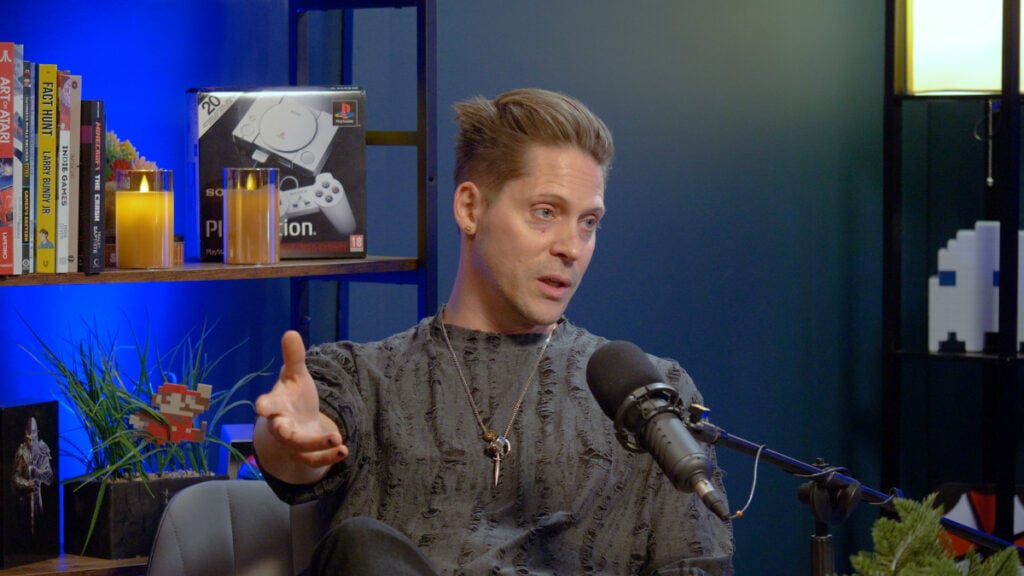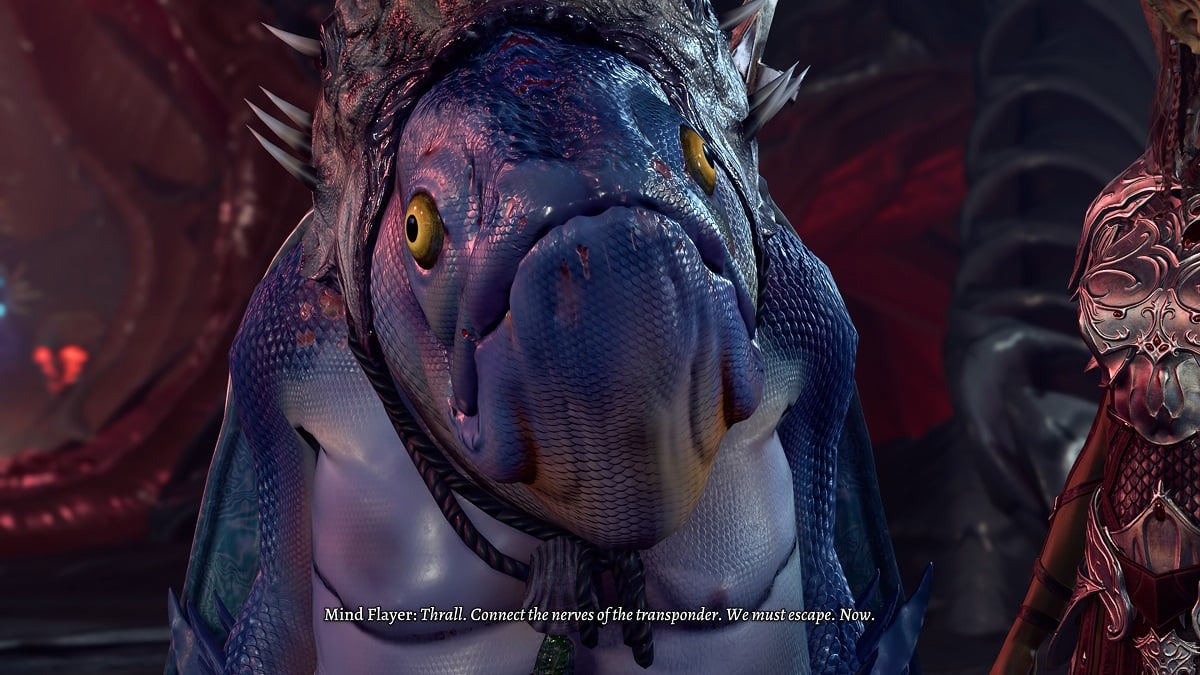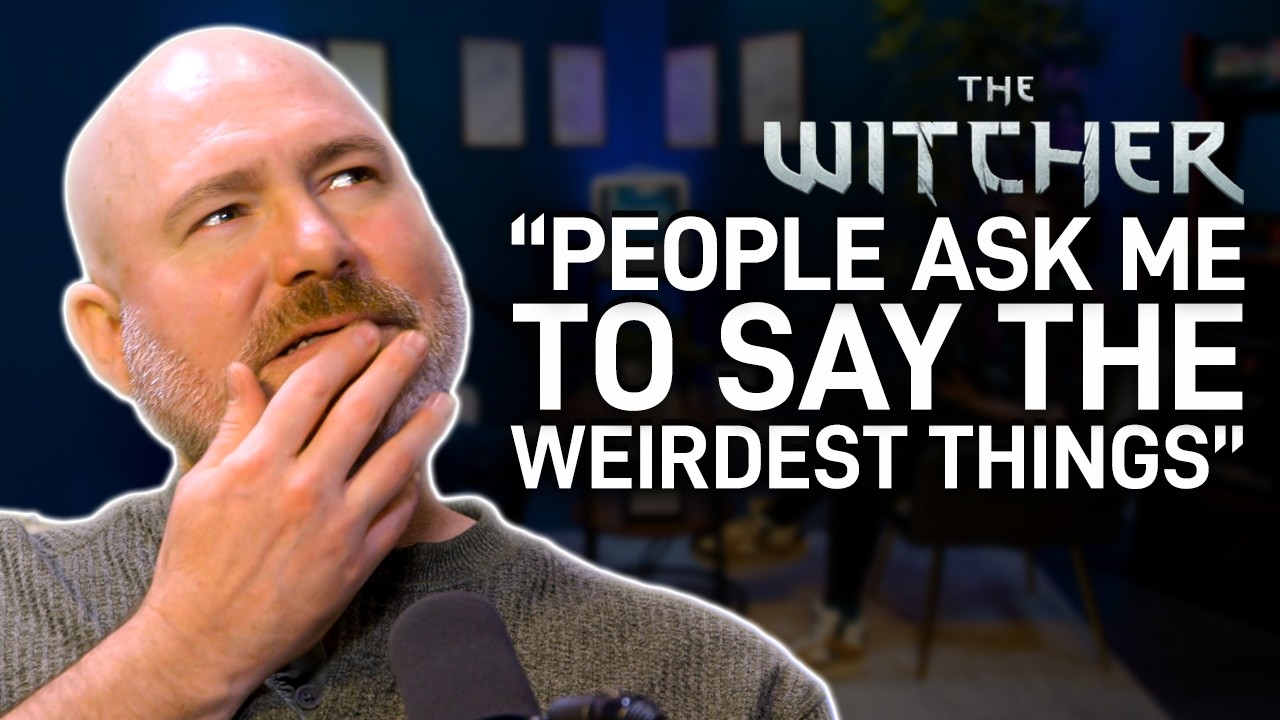Skip To...
Baldur’s Gate 3 weaves theme and emotion into a delicate web, strong enough to ensnare RPG fans for 100 or 1,000 hours. It’s a web a Drider could be proud of. As the actor behind fan-favorite vampire Astarion, Neil Newbon played a crucial part in drawing those threads together. Newbon dug into heroic tropes, the function of art, and his time at Larian in an interview with GINX TV. His perspective is one I wish I heard more often in the gaming industry, shining a light on other ways of telling stories and other ways of being.
Astarion and Empathy for Monsters

BG3 isn’t the first to pull off a serious D&D story. It has the bones of games like Planescape: Torment and Neverwinter Nights. There’s more squirrel-kicking, bear-fornicating, and Underdark chaos in Astarion’s saga, but it has the same artistic function. Larian wanted to examine tropes with a neurosurgeon’s precision, probing for meaning in the gray matter of gameplay. It’s something Newborn enjoyed about Astarion.
I like the fact that he challenges the heroic trope of adventuring. Like, why do you need to go and rescue that princess? Or that prince in the tower. Why do you need to slay this monster? What about the monster’s feelings?
“What about the monster’s feelings?” isn’t a moral equivocation, equating good and evil into irrelevance. It’s a call for empathy, critical thinking, and a genuine interest in the motives (and traumas) of others. Interestingly, it’s exactly the kind of question the Vampire Spawn Astarion might struggle with. It also feels like the kind of question Larian asked with its plots surrounding Astarion, Cazador, and the Dark Urge.
Newbon, BG3, and the Art of Gaming
From the creative fallout of ZA/UM’s layoffs to the anti-capitalist messaging of Double Exposure, the importance of games as art is as relevant as ever. While some games take lukewarm positions or pretend to lack any deeper meaning at all, Newbon’s projects often go further. The actor offered some insight on the matter.
I mean, that’s what art is really, is to provoke a thought, to provoke a feeling. To challenge your idea of what life is, what your life is specifically. And then maybe if you’re very lucky, it evokes a really positive change or knowledge or something that you hadn’t thought. A perspective that you hadn’t thought of.
One reason so many love Baldur’s Gate 3 is that it offers just that. It’s a challenge to your idea of what your life is and could be. Everything from the fate of the Druid’s Grove to Tav’s own end lies in your hands. You decide whether to make questionable decisions involving Astarion’s fangs and your neck at camp, and then you live with those consequences. Actually, I died with those consequences, and then needed a Scroll of Revivify to drag Tav’s soul back from the Nine Hells. The monster had feelings about that, too.









